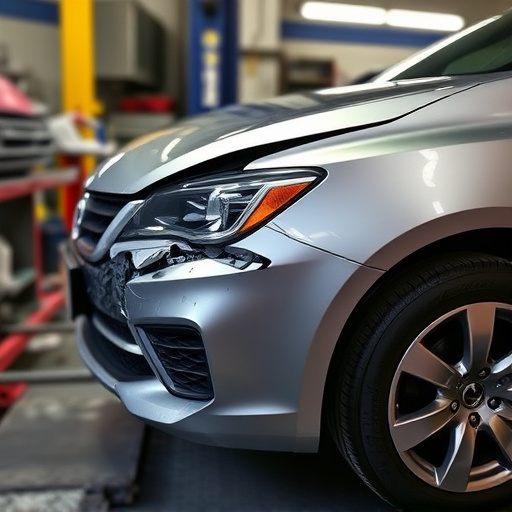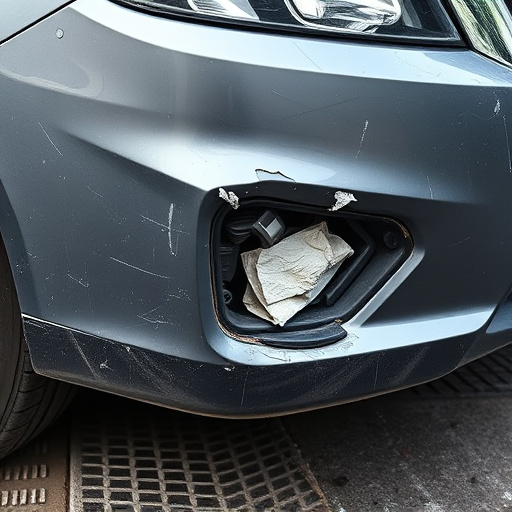Quality control inspection (QCI) is paramount across industries—automotive, electronics, and pharmaceuticals—to prevent costly recalls, enhance consumer trust, ensure product safety, comply with regulations, and drive long-term success. Meticulous QCI processes, continuous data collection, and adherence to stringent standards optimize production, foster excellence, and deliver reliable products that save lives.
Quality control inspection (QCI) is a vital process across diverse industries, ensuring product excellence and safety. This article delves into compelling real-world case studies, demonstrating the significant value of QCI in preventing defects, enhancing reliability, and safeguarding consumers. From automotive recalls to pharmaceutical quality, these examples illustrate how stringent inspections drive success, mitigate risks, and ultimately protect end-users.
- Automotive Industry: Preventing Defect-Related Recalls
- Electronics Manufacturing: Ensuring Product Reliability
- Pharmaceutical Production: Safeguarding Patient Safety and Quality
Automotive Industry: Preventing Defect-Related Recalls

In the highly regulated automotive industry, quality control inspection (QCI) plays a pivotal role in preventing costly defect-related recalls. Car manufacturers and fleet repair services rely on meticulous QCI processes to ensure that every vehicle leaving their facilities meets stringent safety and performance standards. By implementing rigorous inspections at various stages of production, auto body repairs can be caught early, saving time and resources while enhancing consumer confidence.
For instance, a comprehensive QCI protocol may involve examining paint jobs for inconsistencies, checking welds for strength and integrity, and testing electronic systems for glitches. These measures not only reduce the likelihood of post-sale issues but also provide an auto repair near me with valuable data to refine their processes continuously. By embracing quality control inspection as a core practice, automotive businesses can foster a culture of excellence that translates into safer, more reliable vehicles on the road.
Electronics Manufacturing: Ensuring Product Reliability

In the high-stakes world of electronics manufacturing, quality control inspection (QCI) is more than a best practice—it’s a non-negotiable necessity. Ensuring product reliability in an industry where even a tiny defect can have catastrophic consequences is no simple task. Fortunately, QCI plays a pivotal role in identifying and mitigating these risks. By implementing rigorous inspections at every stage of production, manufacturers can pinpoint potential issues early, saving time, money, and most importantly, preventing hazardous failures.
Consider the automotive industry, where precision is paramount. Just as quality control inspection ensures the safety of components like auto glass replacement or intricate systems in a vehicle’s engine, it also drives the reliability of interconnected systems. Similarly, tire services benefit immensely from QCI, as even a subtle manufacturing flaw can lead to serious safety hazards on the road. By adhering to stringent quality standards, manufacturers across sectors can deliver products that meet or exceed customer expectations, fostering trust and ensuring long-term success in a competitive market.
Pharmaceutical Production: Safeguarding Patient Safety and Quality

In the highly regulated pharmaceutical industry, quality control inspection plays a pivotal role in safeguarding patient safety and ensuring product quality. Every step of the production process must adhere to stringent standards to prevent any potential contamination or defect that could impact medication effectiveness or even cause harm. Quality control inspectors meticulously examine raw materials, machinery, and finished products, implementing rigorous testing protocols to identify and rectify any deviations from established specifications. This meticulous attention to detail is crucial in industries where a single impurity or manufacturing flaw can have severe consequences for public health.
By integrating robust quality control inspection practices, pharmaceutical manufacturers not only meet regulatory compliance requirements but also gain valuable insights into their production processes. These insights enable them to optimize operations, enhance product consistency, and ultimately deliver life-saving medications with unparalleled reliability. This proactive approach, supported by fleet repair services, body shop services, and tire services for specialized equipment, ensures that every batch of pharmaceuticals meets the highest standards of quality and safety, ultimately contributing to improved patient outcomes.
Quality control inspection plays a pivotal role in various industries, from automotive to pharmaceuticals. As demonstrated through these real-world case studies, its implementation prevents costly recalls, ensures product reliability, and ultimately safeguards consumer safety and satisfaction. By integrating rigorous quality control measures, businesses can enhance their operational efficiency, minimize risks, and foster trust among their customers.














